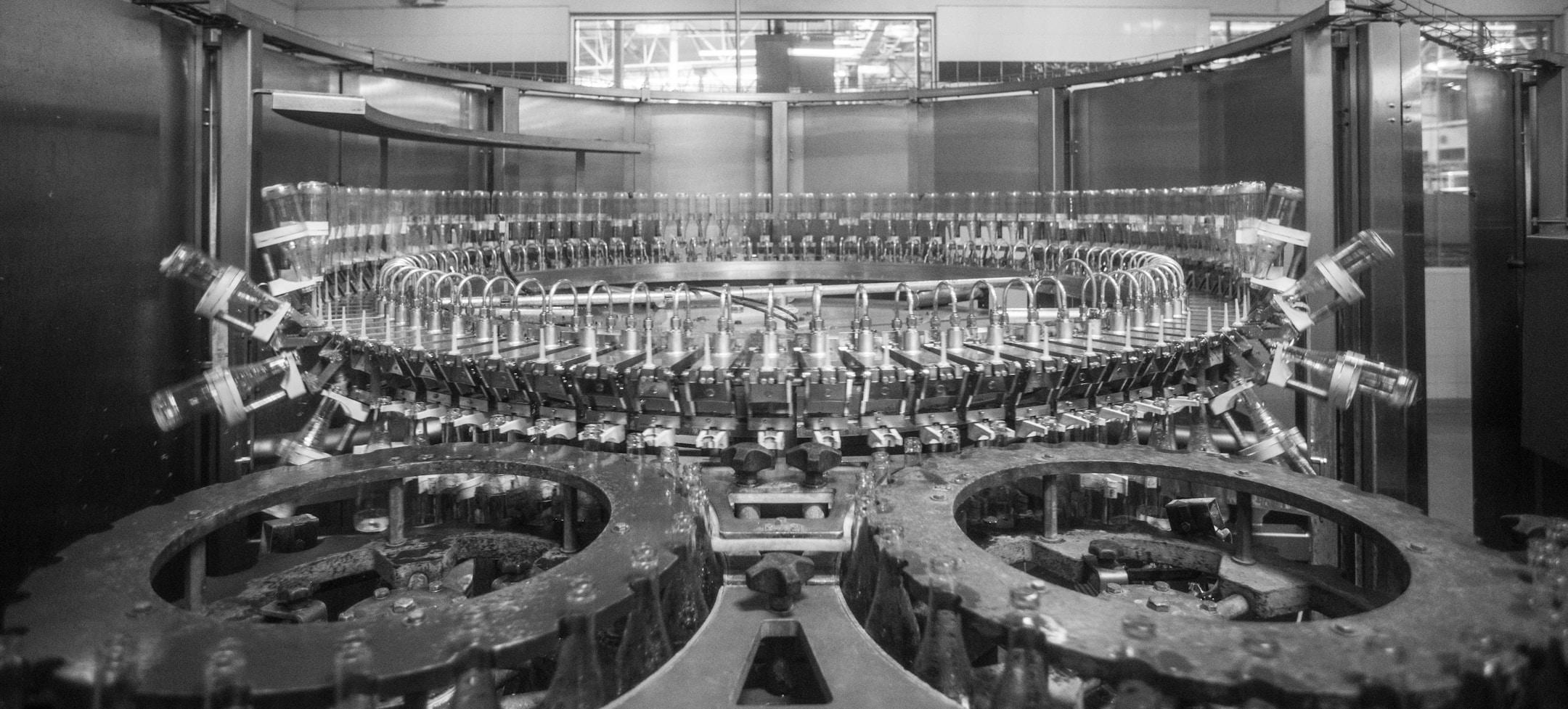
Automation has become an indispensable aspect of modern manufacturing, revolutionizing the field of production engineering. With the integration of cutting-edge technologies and intelligent systems, automation is fundamentally changing the way engineers approach their work. In this helpful guide, we will explore the relationship between these two and offer ways industries can capitalize on it.
Understanding Automation.
Automation refers to the use of intelligent machines, systems, and software to perform tasks that were previously carried out by humans. These technologies effectively reduce human intervention, optimize processes, and ensure precision in manufacturing operations.
Automated systems can take a few different forms.
Localized control, such as Programmable Logic Controllers (PLCs) can monitor and control smaller equipment and systems with high-speed precision. They can be cost-effective options for smaller manufacturing tasks or facilities that have standalone pieces of equipment (such as Temperature Control Units, Conveyor Systems or Water Filtration skids).
Distributed control systems can monitor and control large manufacturing facilities, like an entire bottling plant or biotech manufacturer. They network all of the devices to one central location, which can make monitoring, controlling and historizing the field data of an entire plant easier.
Robotics can efficiently perform physical tasks in manufacturing. They can offer much higher speeds and precision when manufacturing parts as well as create a safer work environment for employees.
Impact on Production Engineers.

Utilizing Automation to Thrive as a Production Engineers.
By incorporating automation into their work, engineers have witnessed a multitude of positive changes. Firstly, automation enhances efficiency by streamlining repetitive tasks, reducing errors, and minimizing the possibility of downtime. As a result, production experts can focus on more critical aspects of their work, such as process improvement and innovation.
Automation allows for enhanced accuracy and preciseness in manufacturing operations. Machines equipped with advanced sensors and algorithms can consistently carry out tasks with precision and consistency that humans cannot match. This leads to higher quality products and can reduce waste and rework, thus increasing overall profitability and customer satisfaction.
Automation has also played a pivotal role in improving workplace safety. By allocating hazardous tasks to machines, engineers can minimize the risk of accidents and ensure the well-being of their employees. Automated systems can also be designed to provide alarms that escalate to manufacturing personnel when unsafe conditions are present. These systems can also be designed to lock out equipment unless the system is given feedback that safe conditions have been reestablished.
Lastly, automation enhances the ability to monitor and analyze real-time data, enabling engineers to identify issues promptly, implement preventive measures, and optimize production processes further. Manufacturing facilities that are required to meet government regulations can provide that data to the governing regulatory body (such as the FDA, EPA, OSHA, etc). Data can also be used in conjunction with AI systems to provide engineers with further enhancement opportunities.
Embrace Lifelong Learning & Upgrading Technical Skills.
Automation technologies are evolving rapidly, so staying up-to-date with the latest advancements is essential. Engaging in continuous learning, attending workshops, and obtaining relevant certifications will ensure professionals remain competitive in this fast-paced environment.
While automation takes over mundane tasks, it necessitates engineers to possess advanced technical skills to operate and maintain sophisticated systems. Acquiring knowledge in areas such as programming, data analysis, and machine learning ensures engineers remain at the forefront of evolving automation technologies.
Adaptability is Key.
Production engineers should be open to change and willing to adapt their skills to accommodate new automation technologies. Embracing cross-functional collaboration and understanding how automation impacts various functions within manufacturing can provide a competitive edge.
Cultivate Innovation and Creativity.
When automated systems are utilized to perform repetitive tasks, production professionals can shift their attention towards innovation and process optimization. By leveraging the data collected from automation systems, engineers can identify areas for improvement, propose innovative solutions, and drive continuous advancements in manufacturing processes.
The Wrap Up.
With the automation of repetitive tasks, production professionals can shift their attention towards innovation and process optimization. By leveraging data insights from automation systems, engineers can identify areas for improvement, propose innovative solutions, and drive continuous advancements in manufacturing processes.
The Wrap Up.
Automation has brought about a significant transformation in the field of production, altering the traditional manufacturing landscape. As we move further into the age of automation, professionals who embrace change and leverage the power of automation will be the ones shaping the future of engineering.
Find the Right Production Engineers for Your Needs.
Not everyone in production takes the steps necessary to stay on top of the industry’s latest trends, but the professionals at Bothwell Engineering, Inc. have all the skills you need.
BEI offers a highly-skilled network of engineers who are ready to tackle any project you may have using the latest training and expertise in the field.
Stephen Kelso is a Senior Process Automation Engineer at Bothwell Engineering Inc. and a valued contributor to this blog. As a trusted subject matter expert, he stays current with all automation updates and trends. With a background in Chemical/Environmental Engineering, Stephen is a team player who strives for high quality and efficiency, making him an asset to any organization.
Learn more about our services online, or schedule an appointment to find the right professional for your next project.